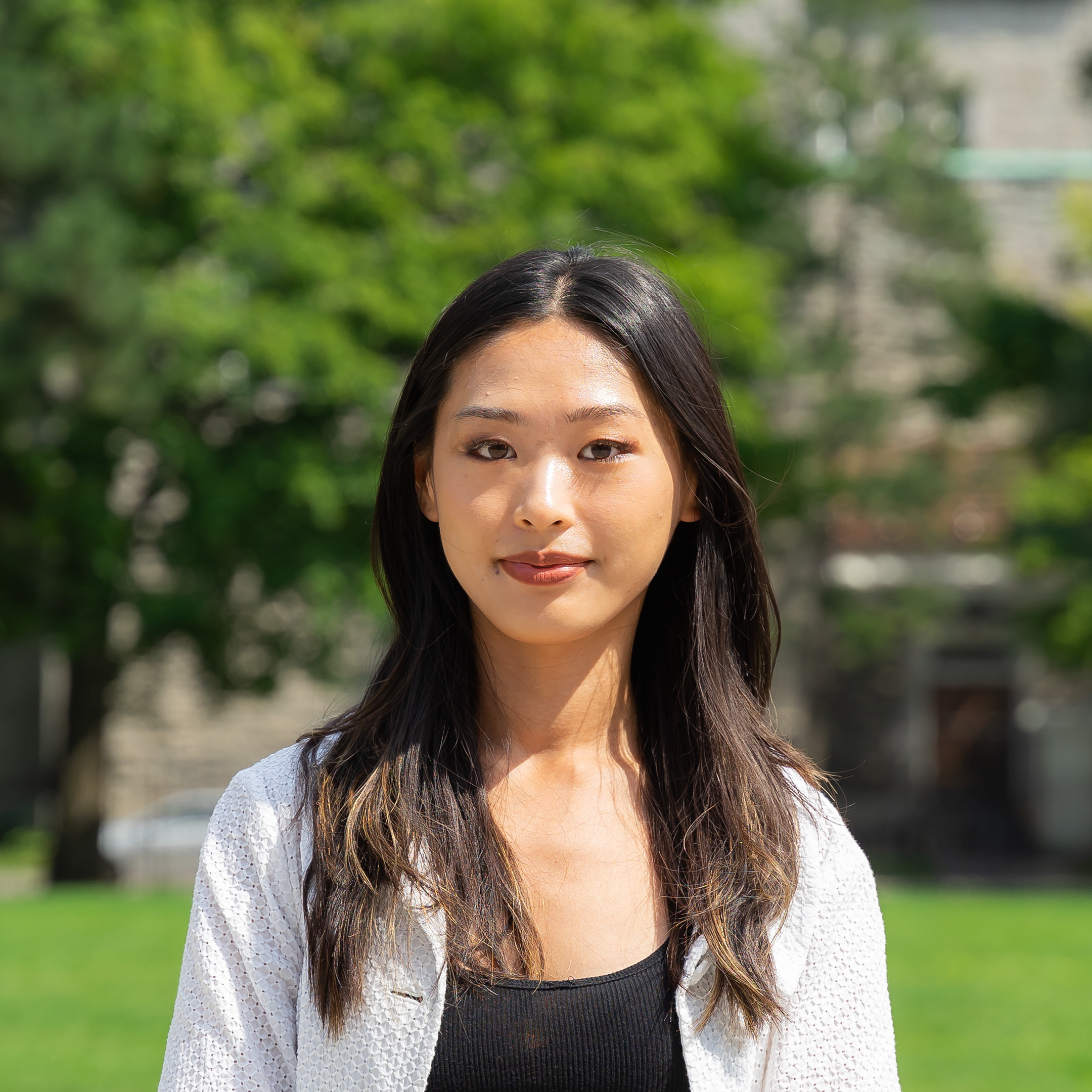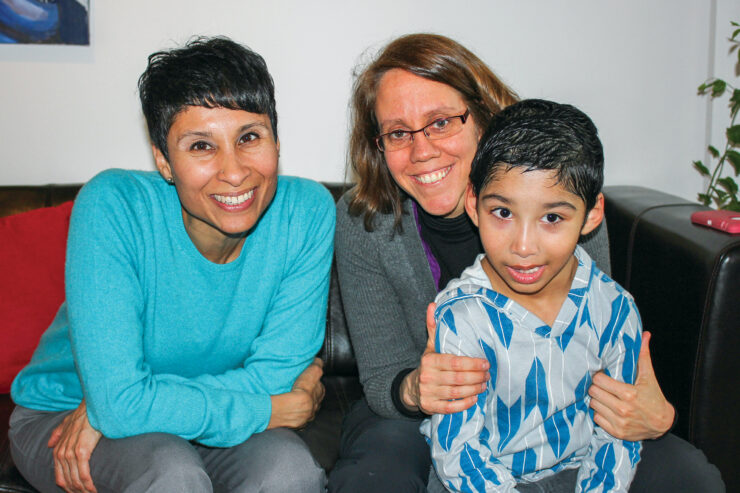MORE AND MORE WOMEN CHOOSING TO BE CHILD-FREE — AND THAT’S OKAY.
When J.D Vance labelled Alexandria Ocasio-Cortez and other democrat politicians as “childless cat ladies,” I was reminded of how terrified I was of the negative connotations associated with being unmarried and childless.
Vance’s description reminded me that having children has never just been a personal decision — it’s a political one, too. Being child-free comes with stigma and shame, weaponized because it challenges the notion that a woman’s role inherently involves child-rearing.
Like many women, having children seemed like something that would naturally happen in my life, rather than it being a choice I would eventually make. However, as I got older, I began to have conversations with other millennial and Gen Z women — many of whom shared the sentiment that they had no desire to become mothers.
It eventually hit me: I had a choice of whether or not to pursue motherhood. There are hidden social pressures which made me forget that having children was not my moral imperative.
As work and education opportunities continue to become increasingly available for women, much of the world is starting to recognize that women have much to offer outside of the domestic sphere. Fertility rates are declining, and more women are choosing not to have children. And while some traditionalists may fear these trends as a reflection of the breakdown of the nuclear family, this points to the increased freedom of choice for many women worldwide.
People frequently claim that we have achieved gender equality in countries, granting women formal access to legal and political freedoms. However, we forget that most oppressive systems don’t go away — they persist through oppressive social norms and unpaid labour.
Parenthood is oftentimes more stressful for women, as they tend to take on more chores than their partners in heterosexual couples, even when both partners participate in the workforce.
Furthermore, women also take on more cognitive labour; that is, they are expected to do more planning, managing emotional conflicts, and caring for their children than their male partners. This type of labour is difficult to measure because it is psychological in nature. Nevertheless, the negative impact on women is clear, as mothers typically end up more stressed than fathers during childcare.
Considering how women might have to make disproportionate sacrifices for both their children and partner, is it really fair to shame women for opting out of motherhood? Not just that, but not all women naturally want children. We stigmatize menopause and those who are unable to conceive because we reduce a woman’s contribution to the world with an argument of biological essentialism — that our natural and moral purpose is to reproduce.
While raising a family can be fulfilling to many people, women can seek fulfillment from their work, their communities, and generally a life that doesn’t include children. For many women, deciding to be childfree means prioritizing their happiness and well-being before sacrificing themselves to the hardships of parenthood. The idea that a woman’s happiness ultimately lies in having children implies that we are naturally inclined to find joy in taking care of others. Although this can be true for some, it is also untrue for others, and these social norms often restrict our freedoms.
Instead of shaming women for choosing to be childfree, why don’t we redirect our energy into making parenthood a more fair experience for everyone? Men need to reconsider their learned roles in the domestic sphere, and as a society, we need to continue addressing the psychological and physical needs of mothers everywhere.
So whether or not you want children of your own, let’s stop dictating when a woman should have children, or whether she even should in the first place.







